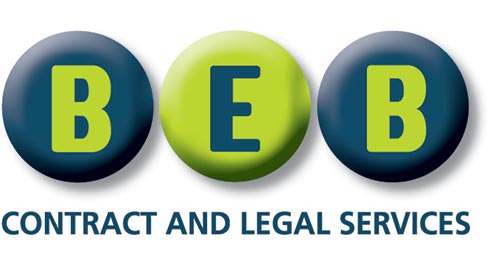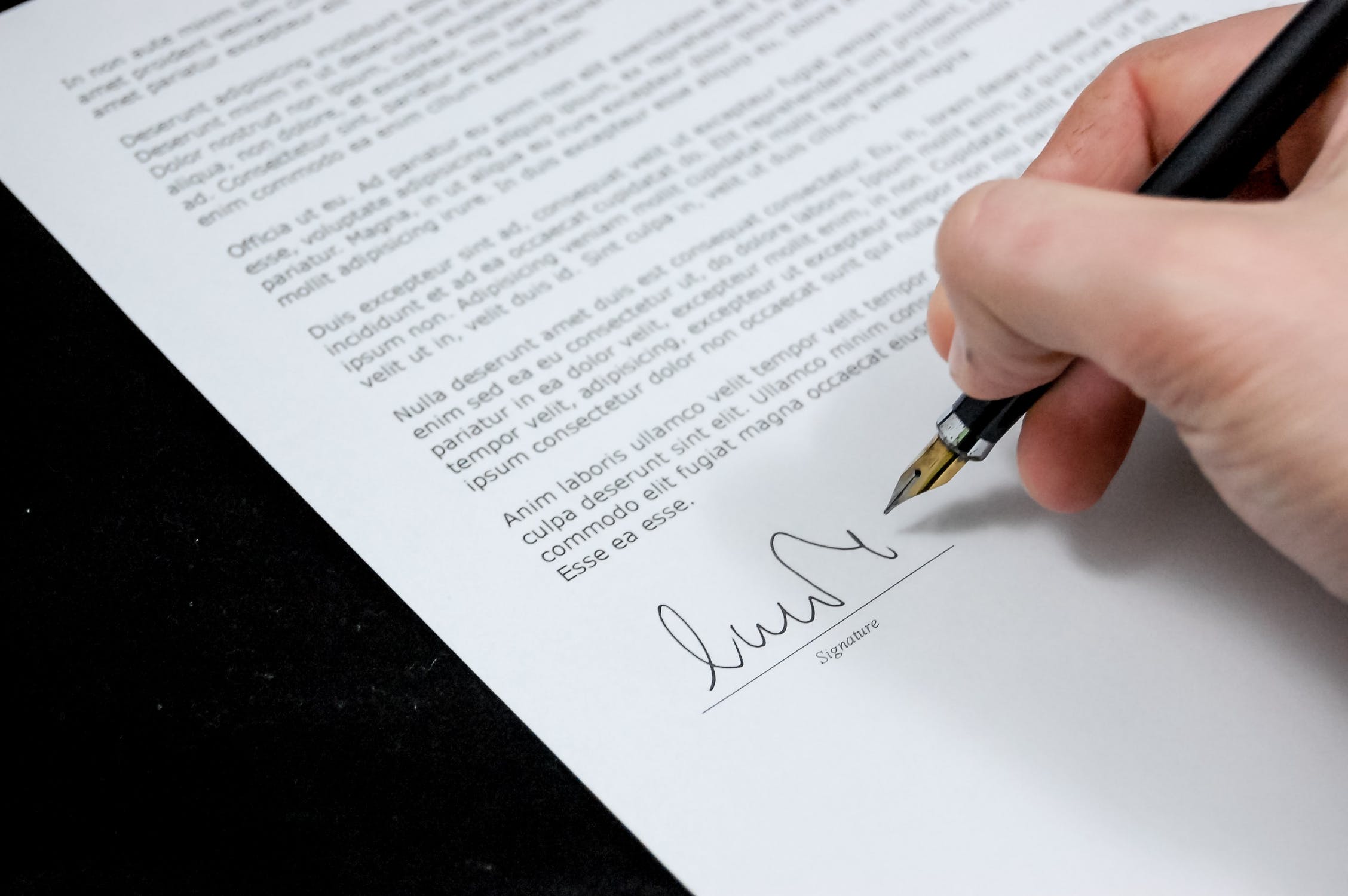A shareholders’ agreement is essential for the survival of your business. Because disputes and disagreements can arise any time and, even for the simplest of reasons, it is crucial to have an official agreement that binds business partners, investors and shareholders. Through this agreement, you can ensure the security and success of your company despite differences in opinions among its leaders.
Similar to when drawing up other necessary business documents, you should make careful consideration before drafting and signing a shareholders’ agreement. This way, you can rest assured that the company will appropriately address contentious issues and have a contingency plan in place if and when internal disagreements threaten your business.
What should you consider before signing a shareholders’ agreement?
Here’s what you should consider when drawing up a shareholders’ agreement:
Key issues the agreement should cover
Indeed, you cannot predict everything. For example, you cannot expect one of your founders to remain in the company forever. You also cannot tell someone whom to vote for when you decide the members of the board of directors. However, it does help address specific issues you think will have a significant impact on your company.
-
Transfer of shares
It is crucial to decide early on to whom shareholders can transfer their shares to prevent them from falling into the hands of people who may not benefit, or could even harm, the business. For example, there should be a clause that prohibits the sale or transfer of shares to a direct competitor. It is often best to draft clauses stating that the shares have to first be offered to the existing shareholders, so that the founding members retain control.
-
Change in business direction
As they say, nothing is permanent in this world except for change. Markets, products, and even business processes, can change, so why should you expect your company to remain the same? However, not all changes are right for your business. For this reason, it’s important to discuss beforehand when shareholder approval is necessary when proposing an amendment relating to business direction.
-
Competition
Because nothing is permanent in the business world, a trade partner today can be a competitor tomorrow. This is why you should be careful with whom you are sharing your trade secrets. Before signing a shareholders’ agreement, see if there are provisions on how to deal with the competition such as protecting trade secrets and accepting loans from competitors and trading partners.
-
Shareholder exit
Shareholders can leave the company for many reasons. It is crucial, therefore, to identify the steps everyone should take if one of you decides to leave. For example, there should be rules against the ‘piracy’ of existing employees if an outgoing shareholder wants to set up a company similar to yours.
Shareholder interest
Before drafting and signing an agreement, you should determine the interests of all shareholders. In doing so, you can ensure that everyone will benefit financially when the value of the company increases in the future. Identifying what’s important to the shareholders can also help protect the rights of minority shareholders.
Keep in mind, however, that what is essential to one shareholder may not be a priority to another. Contentious issues may include:
- Schedule of dividend payments.
- Pay, benefits and employment status of directors.
- Relationships with customers and/or suppliers.
Shareholder value
While there are several ways to estimate value (such as cash flow and revenue), it is difficult to precisely put a specific value on your company. Also, there might be differing opinions regarding what shareholders consider ‘valuable’. As mentioned earlier, what is valuable to one person may not necessarily be the case for another. For example, a shareholder may consider intellectual property, such as patents, copyrights and manufacturing processes, priceless. However, another shareholder may not share this opinion.
Since company or shareholder valuation can be highly subjective, the shareholders’ agreement should specify how you can determine share or company value to avoid disagreements in the future.
Decision-making process
Shareholders can take an active or passive role when running the company. However, this privilege should not be extended to the directors. There could be conflicts of interests when a director who is also a shareholder makes a decision that would only benefit them.
For this reason, you should consider how the shareholders’ agreement tackles the company’s decision-making process before signing it. Identify who makes critical decisions in the company to ensure that everyone knows their duties and responsibilities. The agreement should also set out clear boundaries and determine the decisions a shareholder/director can and cannot make without the approval of shareholders.
Voting power
In most cases, one share grants one vote to a shareholder. The more shares a person possesses, the more control they have over the company. Because of this arrangement, the shareholder who has more than 50% of the shares often has the power to make crucial decisions and lead the company.
However, shareholders do not always approve such a set-up. Also, leaving the power to make crucial decisions to just a handful of people is not always suitable for the company. At times, it is more advantageous for everyone to have a say on the direction the business wishes to take.
The shareholders’ agreement should clearly define what constitutes a ‘majority’, especially when it comes to consent and approval. It should also determine what kind of decisions or resolutions require 100% of votes or approval to avoid stalemates.
Conclusion
A shareholders’ agreement can have a significant impact on how a company is run and managed. As such, it helps to ensure that it has the necessary clauses and provisions designed to protect everyone’s interest. Not only can it prevent disputes and disagreements, but it can also help ensure the company’s success.
Do you need help drafting a shareholders’ agreement? Please speak to us at BEB today. We can create one to suit your exact needs.

